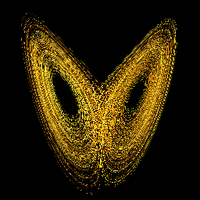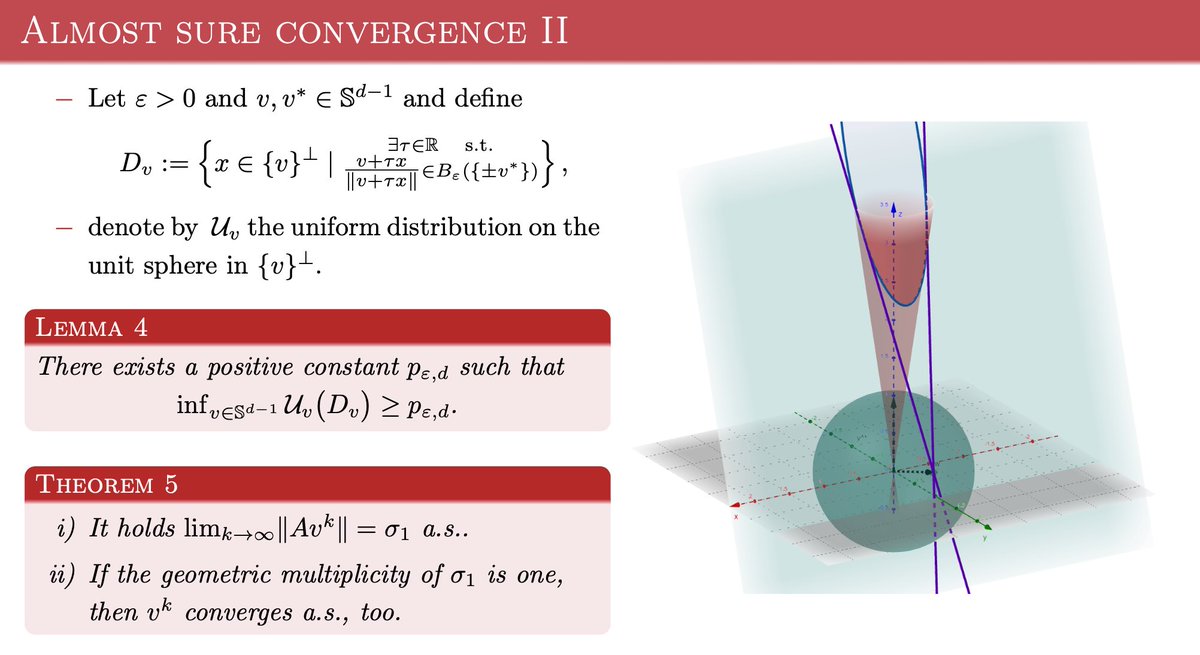
Dirk L.
@dirque_l
Does and teaches applied mathematics. (he/him, er/ihn)
ID: 780575699035840512
https://www.math.uni-bremen.de/zetem/DirkLorenz 27-09-2016 01:12:04
4,4K Tweet
1,1K Followers
359 Following







The recording of the SIAM Activity Group on Data Science webinar "Teaching the mathematics of data science" is online! youtu.be/nynELwnA8ow?si…





Join our ML Theory group next week as they welcome Tony S.F. on July 3rd for a presentation on "Training neural networks at any scale" Thanks to Andrej Jovanović Anier Velasco Sotomayor and Thang Chu for organizing this session 👏 Learn more: cohere.com/events/Cohere-…











![Dirk L. (@dirque_l) on Twitter photo I sample points uniformly on the sphere and then look at them on a map (in longitude and z-coordinate).
STILL UNIFORMLY DISTRIBUTED! 🤯
(Quite a nice fact that is special to three dimensions: Each coordinate of a random vector uniformly on the unit sphere is uniform in [-1,1].) I sample points uniformly on the sphere and then look at them on a map (in longitude and z-coordinate).
STILL UNIFORMLY DISTRIBUTED! 🤯
(Quite a nice fact that is special to three dimensions: Each coordinate of a random vector uniformly on the unit sphere is uniform in [-1,1].)](https://pbs.twimg.com/media/Gtz-r1OW8AAkr3Y.jpg)
